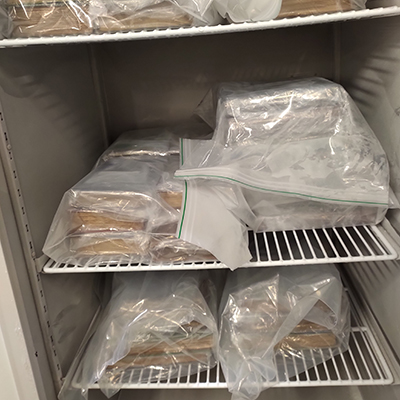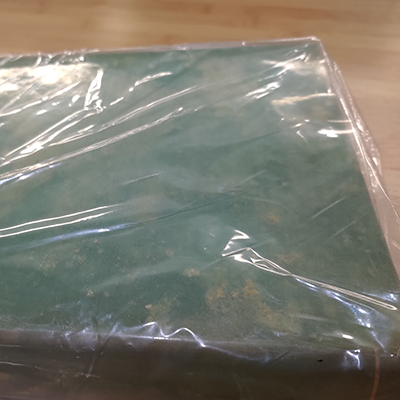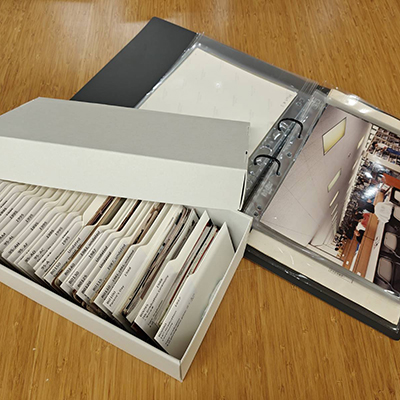Preservation
To ensure the long-term preservation of archival materials, a comprehensive approach is essential.
For instance, insects and mould may occasionally be found in paper-based materials. Before transferring these items to the repository, University Archives staff will blast freeze the materials for several days and subsequently clean them to achieve basic disinfection.


Typically, the original enclosures of the materials are unsuitable for long-term preservation upon receipt by the Archives. After the materials are arranged and described according to international standards, they are placed in appropriate enclosures made from acid-free archival-quality materials.

The materials are then stored in an environment where temperature and relative humidity levels are carefully controlled to safeguard the integrity of the archival materials.
The primary goal of preservation is to make these materials accessible for future use. Digitisation serves as an effective solution to prolong the life of the materials while minimizing damage from usage.
Conservation
Some archival materials may arrive in a damaged condition. After assessing their state, our team may provide basic conservation treatment to protect these archives from further deterioration. In certain cases, preventive measures may be implemented to allow time for the involvement of specialized conservators.
Last update: 19 Aug 2025
